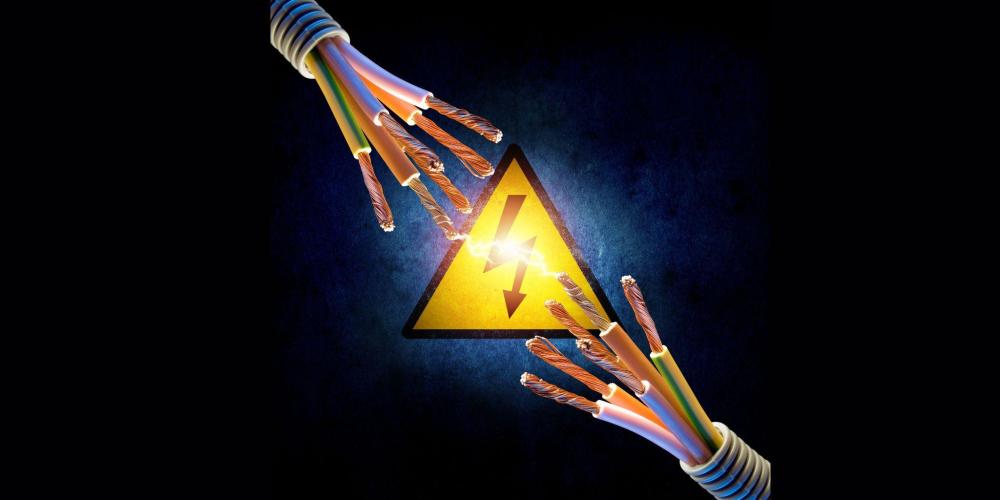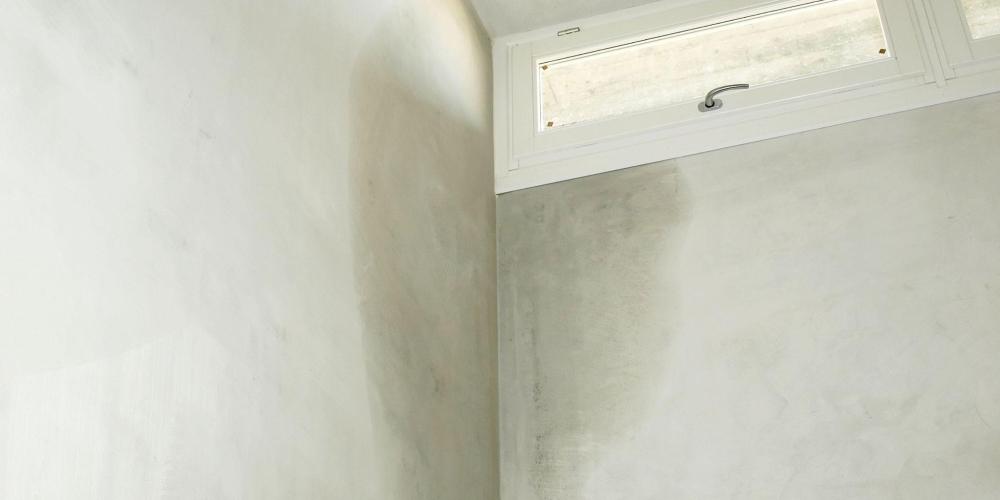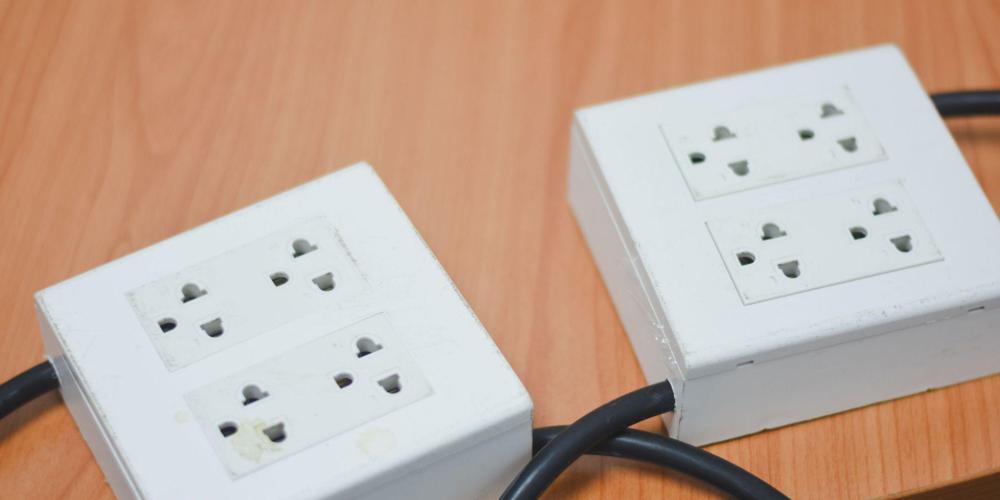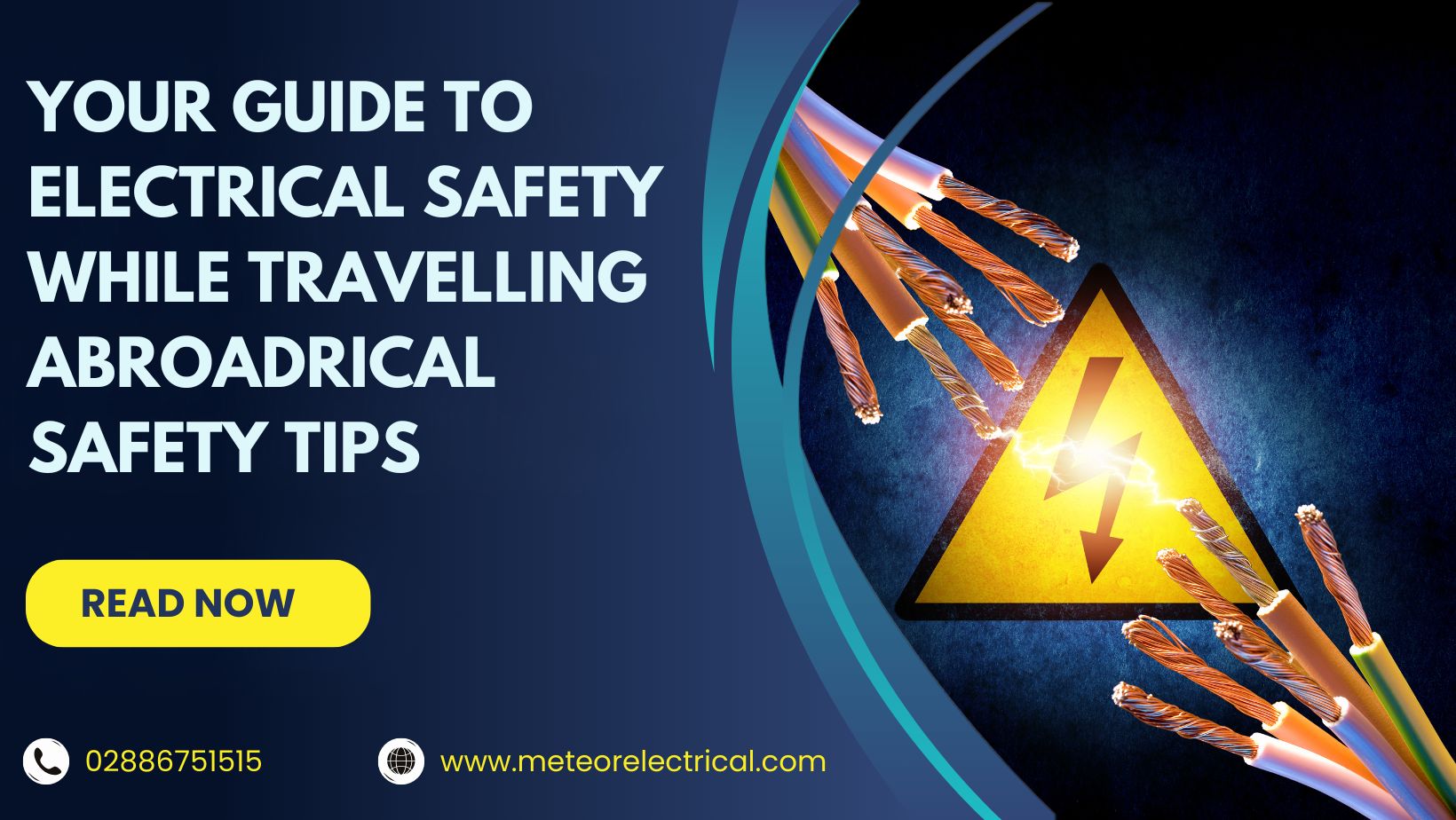Stay Shock-Free: Your Guide to Electrical Safety While Travelling Abroad
Stay Shock-Free: Your Guide to Electrical Safety While Travelling Abroad

Whether you are heading off for a short city break or a long tropical getaway, it is easy to forget the hidden risks that come with using electrical appliances abroad. The UK and Ireland have some of the world’s highest electrical safety standards, but that is not always the case in other countries. Voltage levels can vary from 100 volts to 240 volts, which can damage your devices—or worse, put your safety at risk.
According to the Electrical Safety First charity, around 70 people are killed and 350,000 seriously injured every year in the UK due to electrical accidents at home and abroad. That is why it is crucial to stay informed and take precautions.
From choosing the right travel adaptors and voltage converters to knowing what not to do in foreign bathrooms, here is your essential safety checklist for using electricity abroad.
When travelling abroad, you should never assume the electrical setup is as safe as back home. Many countries do not follow the same rigorous standards as the UK or Ireland. The voltage can range widely—from 100V in Japan to 240V in some parts of Africa or Asia—making certain devices unsafe to plug in without proper conversion or protection.
Tips to Stay Safe:

- Never use mains-powered electrical items in bathrooms—moisture and electricity can be a deadly mix.
- Never touch appliances with wet hands or stand barefoot on wet floors when operating them.
- If you smell burning, hear buzzing, or see scorch marks—unplug immediately.
- Never plug anything into damaged sockets or cracked light switches.
- Always use a country-specific travel adaptor. If it doesn’t fit easily—do not force it.
Credit: 3DElectrical
What to Do Before You Go:

- Research socket types and voltage used in your destination. You can check sources like IEC World Plugs or Reid’s Travel Voltage Guide.
- Bring your voltage converters and travel adaptors from home. Products bought abroad may not meet UK safety standards.
- Evaluate the appliances you are taking—do they need conversion or just an adaptor? What is their power rating?
Conclusion
Whether you are jetting off for business or leisure, do not let electrical mishaps ruin your trip. A little research and a few precautionary steps can keep you safe and your devices functioning properly. With voltage levels and socket types varying greatly across the globe, your best defence is preparation.
For more safety tips, visit reputable sources such as the UK Government's Travel Aware site and Electrical Safety First. Safe travels from all of us at Meteor Electrical—your trusted partner in electrical safety and products.
FAQs
1. Can I use my UK hairdryer abroad?
Only if the voltage matches or you use a proper voltage converter. Check the appliance label before plugging it in.
2. What happens if I plug a 230V appliance into a 110V socket?
It may not work or could be damaged. Always check voltage compatibility or use a suitable converter.
3. Are all travel adaptors the same?
No, adaptors vary by country and socket type. Use a reliable adaptor designed specifically for the region you are visiting.
4. Is it safe to use power strips with travel adaptors?
It can be risky. Only use if the strip supports the destination's voltage and plug type.
5. Do I need a surge protector while travelling?
Yes, especially in countries with unstable power supply. Surge protectors help protect valuable electronics.

